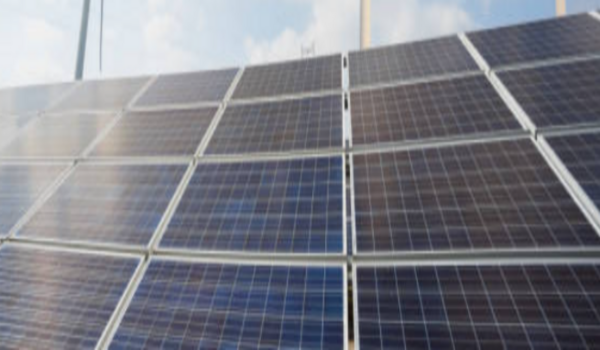Dubai Electricity and Water Authority (DEWA) received 8,241 requests for electricity connections in 2024, reflecting a 4.51% increase from the previous year. The requests came from commercial projects using DEWA’s Al Namoos service, which provides electricity connections of up to 150 kilowatts (kW) within five days.
Alongside traditional power connections, DEWA is working on smaller renewable energy projects in different areas of Dubai. In Al Quoz Industrial Area, a rooftop solar project is being tested on factory and warehouse roofs. The project has an installed capacity of 15 megawatts (MW) and is designed to help businesses reduce dependence on grid electricity.
In Jebel Ali, DEWA is operating a pilot energy storage system linked to a solar farm. The battery storage facility has a capacity of 8 MW and helps store excess solar energy for use during peak hours. This allows for better energy management and reduces the strain on the electricity grid.
At the Hatta Dam, a floating solar project is being tested on the reservoir’s surface. This project has an installed capacity of 5 MW and is designed to generate clean electricity without occupying land. The project is part of Dubai’s broader efforts to use natural water bodies for renewable energy production.
A solar-powered car charging initiative is also being introduced in various parking areas across the city. Small solar canopies with a combined capacity of 3 MW have been installed at select locations. These charging stations provide electric vehicle users with a renewable energy option.
DEWA’s other smart initiatives include the Soqoor Programme, Marafeq Smart Feature, and the OWNEK awareness initiative. These programs offer digital services and technical guidelines for consultants and contractors working on infrastructure projects.
Dubai continues to expand both its traditional electricity network and renewable energy projects to meet increasing energy demand.


